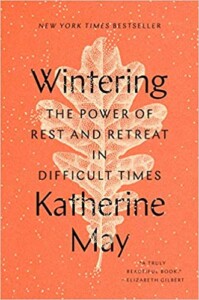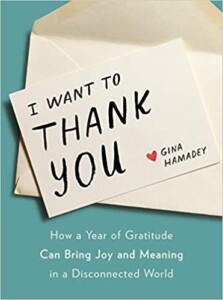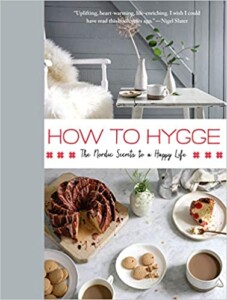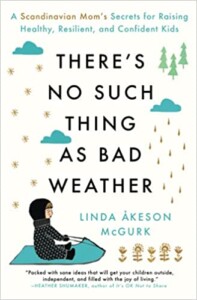Recently in a Washington Post op-ed, health psychologist Kari Leibowitz wrote about weathering the winter months. In it, she recalls the year she lived in a Norwegian city where, from December to February, residents don’t see the sun at all. What she learned during that span of endless night was that the traditions of the locals to embrace and enjoy the dark – rather than hide away from it – can be applied to the shortest days anywhere in the world. In wishing the winter away and pretending that the change in seasons have not changed our biological needs, Leibowitz suggests that we’re missing opportunities when we work to maintain busyness.
So, once the warm glow of the holidays cools, we’ll be left either to reject or enjoy winter life. I’ve taken Leibowitz’s op-ed to heart, exploring my own missed opportunities for seasonal respite: setting aside time for rest with intention (and granting myself the permission to enjoy it), remembering loved ones and healing a little more from their absence, and returning to my slow hobbies like letter writing and baking. Do you remember the bread-baking craze of lockdown? It was rest and connection in disguise.
If for no other reason, the pandemic itself is reason enough to slow down as we ease into another uncertain winter together. Here are some suggestions from the Library’s collection for reflection, recreation, and rest to help us enjoy the slow and steady rhythm of winter:

Wintering: the power of rest and retreat in difficult times
by Katherine May
An intimate, revelatory book exploring the ways we can care for and repair ourselves when life knocks us down.
Sometimes you slip through the cracks: unforeseen circumstances like an abrupt illness, the death of a loved one, a break up, or a job loss can derail a life. These periods of dislocation can be lonely and unexpected. For May, her husband fell ill, her son stopped attending school, and her own medical issues led her to leave a demanding job. Wintering explores how she not only endured this painful time, but embraced the singular opportunities it offered.
 I want to Thank You
I want to Thank You
by Gina Hamadey
We all know that gratitude is good for us–but the real magic comes when we express it. Writer Gina Hamadey learned this life-changing lesson firsthand when a case of burnout and too many hours on social media left her feeling depleted and disconnected. In this engaging book, she chronicles how twelve months spent writing 365 thank-you notes to strangers, neighbors, family members, and friends shifted her perspective. Her journey shows that developing a lasting active gratitude practice can make you a happier person, heal complicated relationships, and reconnect you with the people you love–all with just a little bit of bravery at the mailbox.
 How to Hygge
How to Hygge
by Signe Johansen
The “Danish coziness” philosophy is fast becoming the new “French living” in terms of aspirational lifestyle books and blogs. There are countless viral articles comparing the happiness levels of Americans versus Danes. Their homes are more homey; their people are more cheerful. It’s an attitude that defies definition, but there is a name for this slow-moving, stress-free mindset:hygge (pronounced “hoo-ga”). Hygge values the idea of cherishing yourself: candlelight, bakeries, and dinner with friends; a celebration of experiences over possessions, as well as being kind to yourself and treasuring a sense of community.
 There’s No Such Thing as Bad Weather
There’s No Such Thing as Bad Weather
by Linda Akeson McGurk
Could the Scandinavian philosophy of “there is no such thing as bad weather, only bad clothes” be the key to better lives for her American children? And how would her children’s relationships with nature change by introducing them to Scandinavian concepts like friluftsliv (“open-air living”) and hygge (the coziness and the simple pleasures of home)? McGurk embarked on a six-month-long journey to Sweden to find out. There’s No Such Thing as Bad Weather is a fascinating personal narrative that highlights the importance of spending time outdoors, and illustrates how the Scandinavian culture could hold the key to raising healthier, resilient, and confident children in America.
